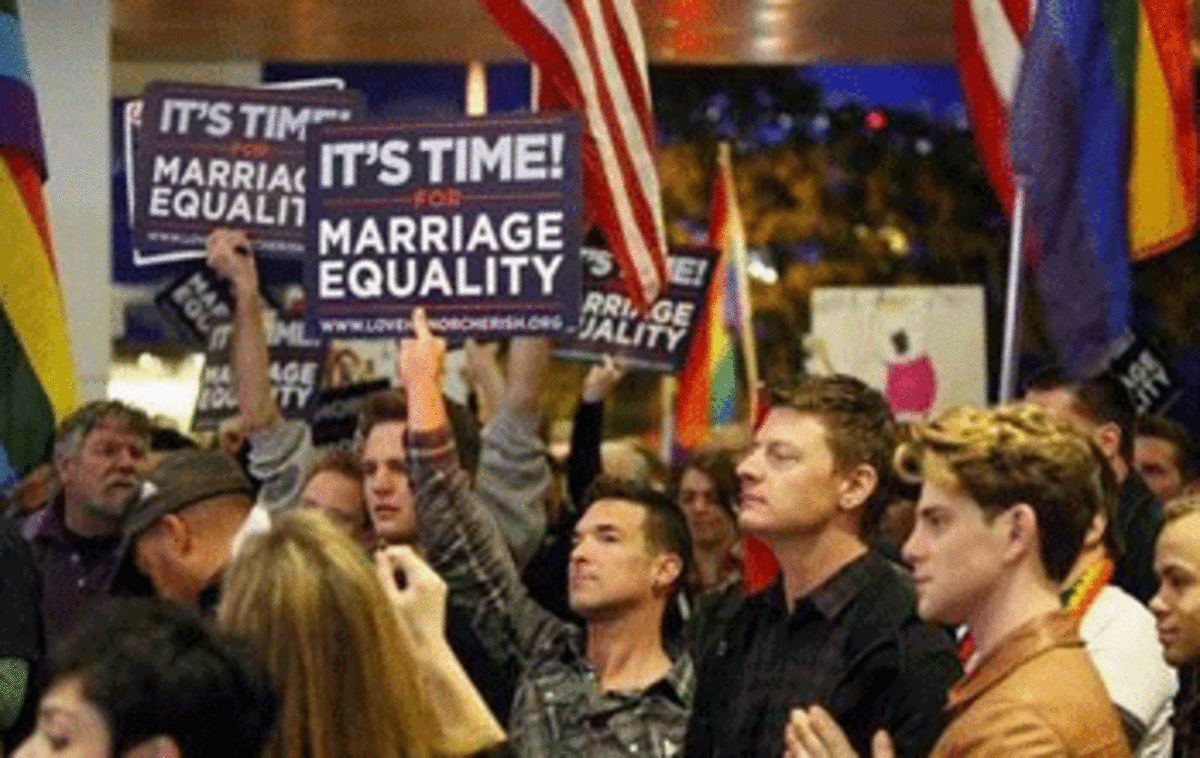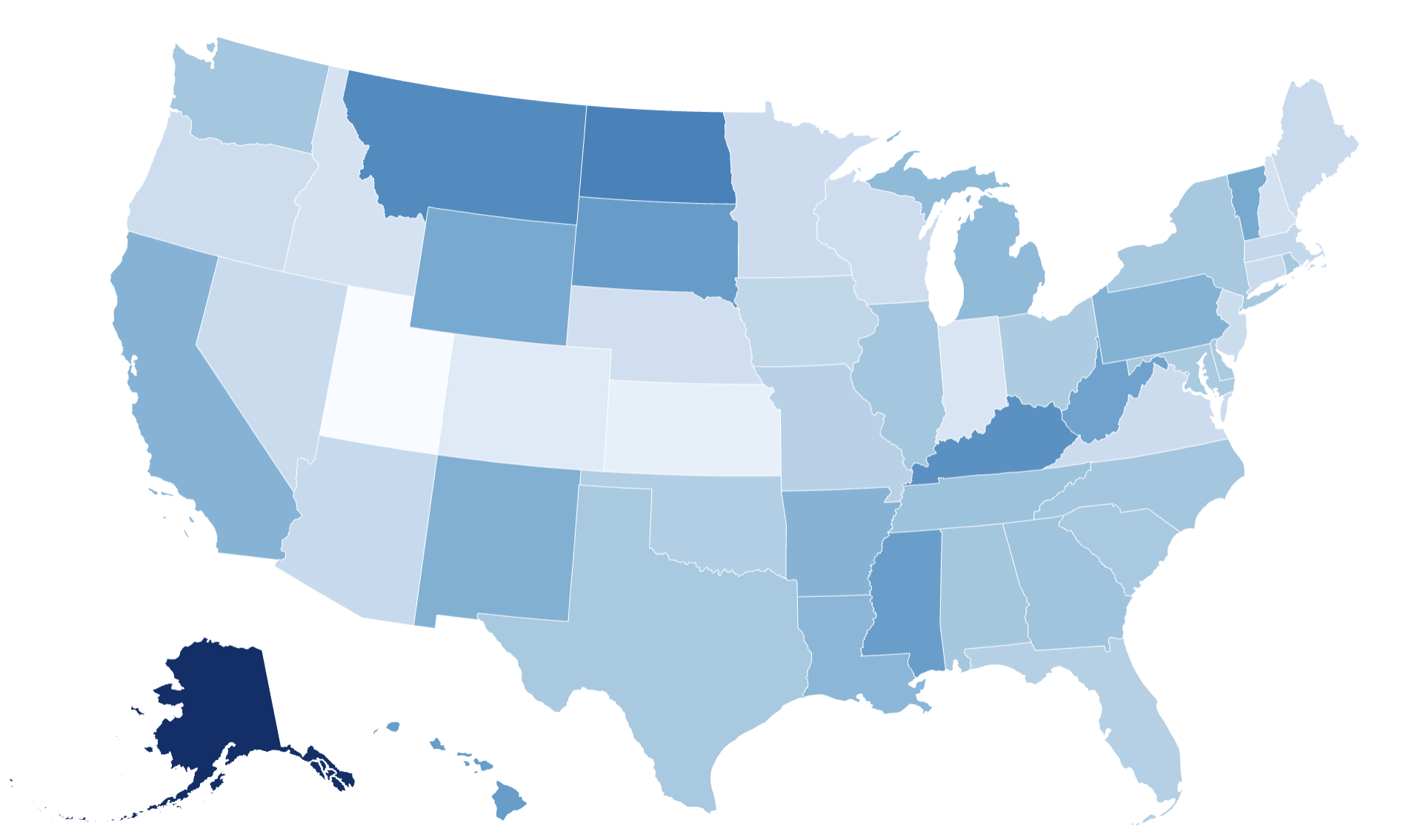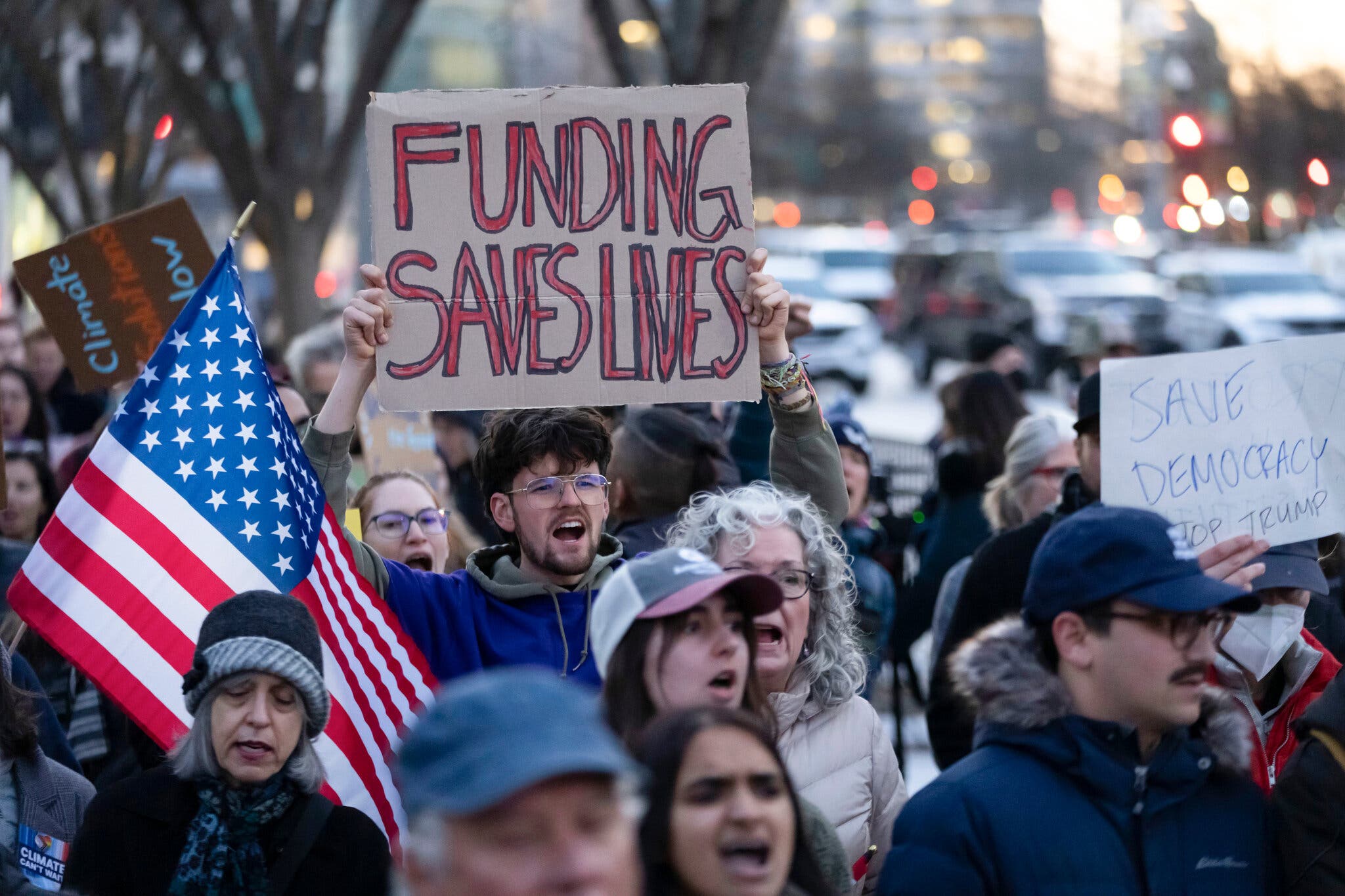Key Legal Victories Won By LGBT+ Icons

Table of Contents
Obergefell v. Hodges (2015): The Right to Same-Sex Marriage
The Landmark Ruling: A Nationwide Victory for Marriage Equality
The Supreme Court's decision in Obergefell v. Hodges (2015) legalized same-sex marriage nationwide, marking a monumental victory for LGBT+ rights. This landmark ruling overturned state bans on same-sex marriage, ensuring equal rights for same-sex couples across the United States.
- Summary of the case: The case consolidated several lower court cases challenging state bans on same-sex marriage. The Supreme Court ruled that the right to marry is a fundamental right guaranteed to all couples, regardless of sexual orientation.
- States affected: The ruling impacted all 50 states, invalidating state-level bans and ensuring nationwide marriage equality.
- Immediate consequences: Thousands of same-sex couples were able to marry immediately following the ruling, gaining access to federal benefits and protections previously unavailable.
- Long-term effects on LGBT+ families: The ruling has had a profound impact on LGBT+ families, granting them equal legal standing and societal recognition. It fostered a greater sense of belonging and security for LGBT+ individuals and their families.
The plaintiffs in Obergefell shared deeply personal stories of their commitment and their desire for legal recognition. The arguments presented highlighted the fundamental constitutional rights of equality and due process. While there were dissenting opinions, the majority opinion solidified the right to same-sex marriage as a cornerstone of LGBT+ legal victories.
Lawrence v. Texas (2003): The End of Sodomy Laws
Striking Down Discriminatory Legislation: A Triumph for Privacy and Dignity
Lawrence v. Texas (2003) was a pivotal LGBT+ legal victory that invalidated sodomy laws nationwide. This Supreme Court decision overturned the controversial Bowers v. Hardwick (1986) ruling, which had upheld the criminalization of same-sex intimacy.
- Summary of the case: The case challenged a Texas law criminalizing homosexual sodomy. The Supreme Court ruled that the law violated the Fourteenth Amendment's Due Process Clause, recognizing the right to privacy and personal autonomy.
- States affected: The ruling effectively invalidated sodomy laws in the remaining 14 states where they were still in effect, ending discriminatory prosecution based on sexual orientation.
- Overturning of Bowers v. Hardwick: The decision explicitly overturned Bowers v. Hardwick, which had been a significant setback for LGBT+ rights for many years.
- Impact on LGBT+ rights advocacy: Lawrence v. Texas provided a crucial legal foundation for future LGBT+ rights litigation, paving the way for further challenges to discriminatory laws.
The legal arguments centered on the right to privacy and the protection against discriminatory enforcement of laws. The human rights implications were significant, as the ruling recognized the dignity and equality of LGBT+ individuals. The decision led to substantial legislative changes across the US, further solidifying the progress made in LGBT+ legal victories.
E.L. v. State of California (2018): Affirming Transgender Rights in Healthcare
Protecting Access to Gender-Affirming Care: A Victory for Transgender Youth
E.L. v. State of California (2018) affirmed the right of transgender individuals, specifically minors, to access gender-affirming healthcare. This ruling underscored the importance of affirming transgender identities and ensuring access to necessary medical care.
- Details of the case: The case involved a challenge to a California law that restricted access to gender-affirming healthcare for minors. The court ruled in favor of the transgender youth, recognizing their right to medical decision-making.
- The legal precedent set: This decision set a significant precedent for ensuring access to gender-affirming care for transgender youth, countering discriminatory practices in healthcare.
- Implications for transgender youth's healthcare access: The ruling ensured that transgender youth can access crucial medical care, promoting their well-being and reducing health disparities.
The plaintiffs in this case bravely shared their experiences, emphasizing the importance of access to appropriate healthcare for their physical and mental health. The healthcare services at stake, including hormone therapy and surgery, are critical for the well-being of transgender individuals. The ruling carries broader societal implications, affirming the legitimacy and validity of transgender identities. (Note: Finding a readily available, single source for this case may be challenging. Consider linking to news articles or legal summaries.)
Bostock v. Clayton County (2020): Workplace Discrimination Protection
Extending Civil Rights Protections: A Landmark Decision for LGBT+ Workers
Bostock v. Clayton County (2020) extended federal protection against workplace discrimination to LGBT+ individuals. The Supreme Court ruled that Title VII of the Civil Rights Act of 1964 protects employees against discrimination based on sexual orientation and gender identity.
- Summary of the case: The case consolidated three separate cases involving employees who were fired for being LGBT+. The Supreme Court ruled that discrimination based on sexual orientation or gender identity is a form of sex discrimination prohibited by Title VII.
- The interpretation of Title VII of the Civil Rights Act: The Court's interpretation broadened the scope of Title VII, significantly impacting workplace protections for LGBT+ individuals.
- Implications for LGBT+ employment: The ruling safeguards LGBT+ employees from discrimination in hiring, promotion, termination, and other employment practices.
The arguments centered on the interpretation of "sex" within Title VII. The impact on LGBT+ workers' rights has been substantial, providing legal recourse against discrimination. However, ongoing efforts are needed to strengthen anti-discrimination laws and ensure effective enforcement.
Conclusion: The Ongoing Fight for LGBT+ Rights
This exploration of key LGBT+ legal victories showcases the power of persistent advocacy and the enduring fight for equality. From the right to marry to workplace protections and access to healthcare, these landmark cases represent significant milestones in the journey towards a more just and inclusive society for LGBT+ individuals. Learning about these significant LGBT+ legal victories is crucial to understanding the ongoing fight for LGBTQ+ rights. Continue to support organizations fighting for equality and stay informed about future legislative advancements in the fight for complete LGBT+ rights. Further research into LGBT+ legal victories will reveal the ongoing struggle for full equality and the importance of continued advocacy.

Featured Posts
-
 Impact Of Pw Cs Departure From Nine African Nations
Apr 29, 2025
Impact Of Pw Cs Departure From Nine African Nations
Apr 29, 2025 -
 The Pw C Exodus Assessing The Impact On Senegal Gabon Madagascar And Other African Economies
Apr 29, 2025
The Pw C Exodus Assessing The Impact On Senegal Gabon Madagascar And Other African Economies
Apr 29, 2025 -
 Eligibility Of Convicted Cardinal To Participate In Papal Conclave
Apr 29, 2025
Eligibility Of Convicted Cardinal To Participate In Papal Conclave
Apr 29, 2025 -
 Exclusive Goldman Sachs Insights On Tariffs And Trump Administration Policies
Apr 29, 2025
Exclusive Goldman Sachs Insights On Tariffs And Trump Administration Policies
Apr 29, 2025 -
 127 Years Of Brewing History Anchor Brewing Companys Closure Announced
Apr 29, 2025
127 Years Of Brewing History Anchor Brewing Companys Closure Announced
Apr 29, 2025
Latest Posts
-
 Federal Funding Cuts A Deep Dive Into Trump Countrys Struggle
Apr 30, 2025
Federal Funding Cuts A Deep Dive Into Trump Countrys Struggle
Apr 30, 2025 -
 Yate House Fire Live Updates On Devastating Explosion
Apr 30, 2025
Yate House Fire Live Updates On Devastating Explosion
Apr 30, 2025 -
 How Federal Funding Cuts Are Affecting Trump Country
Apr 30, 2025
How Federal Funding Cuts Are Affecting Trump Country
Apr 30, 2025 -
 The Impact Of Federal Funding Cuts On Trump Supporting Communities
Apr 30, 2025
The Impact Of Federal Funding Cuts On Trump Supporting Communities
Apr 30, 2025 -
 Trump Country Reels Under Federal Funding Cuts
Apr 30, 2025
Trump Country Reels Under Federal Funding Cuts
Apr 30, 2025
